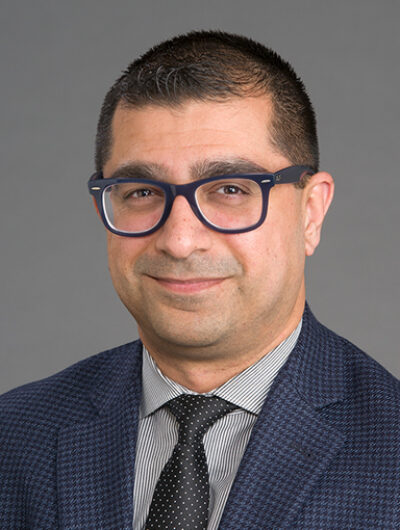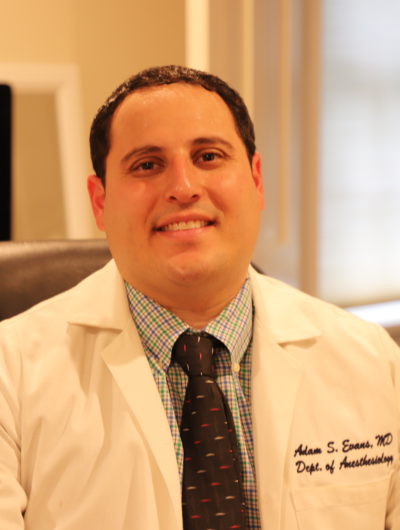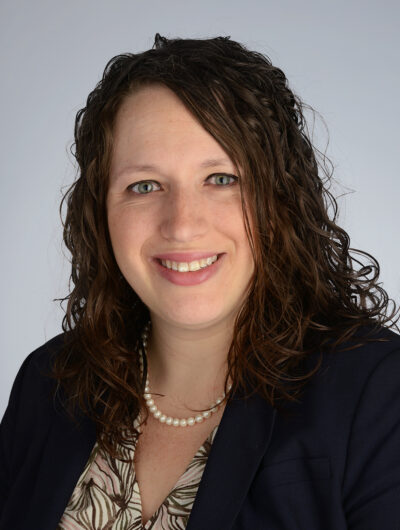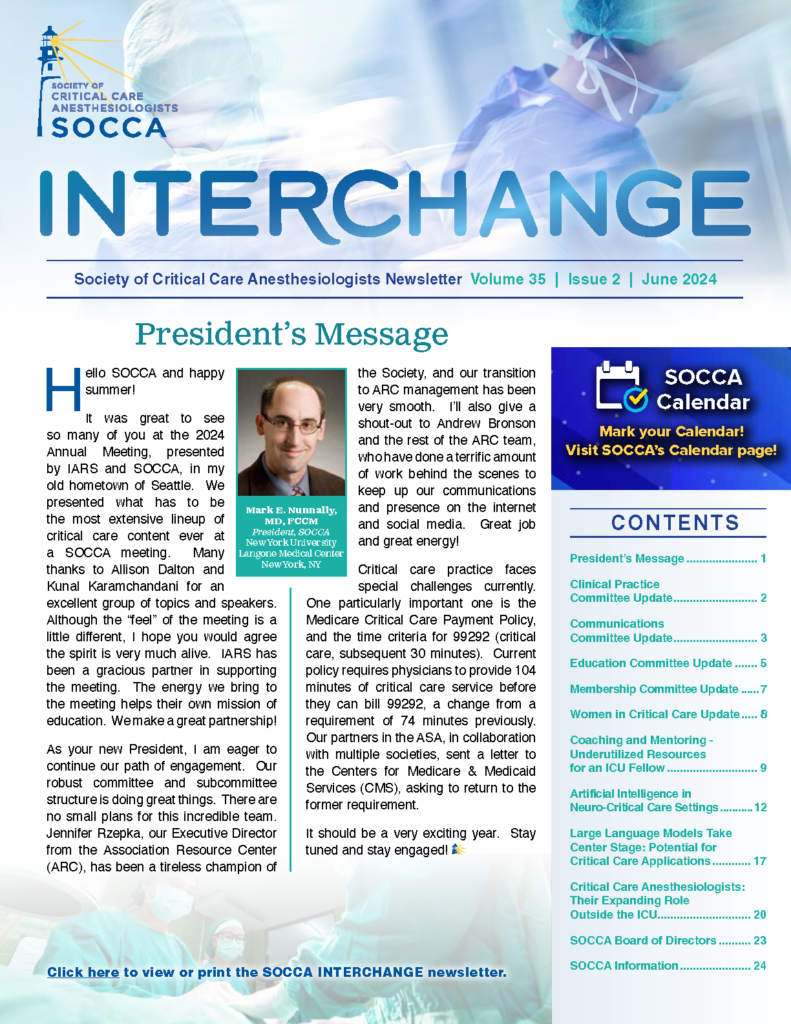Society of Anesthesia and Sleep Medicine (SASM), Society for Ambulatory Anesthesia (SAMBA), and Society of Critical Care Anesthesiologists (SOCCA) Collaborative Guidelines for Postoperative Management of Patients with Obstructive Sleep Apnea
Obstructive sleep apnea (OSA) is the most common form of sleep-related breathing disorder encountered in the perioperative setting. It is defined by recurrent upper airway collapse, potentially leading to decreased oxygen levels during sleep and an increased risk of long-term cardiovascular illness 1. While OSA is more prevalent in surgical candidates than in the general population 2, between 60-90% of patients remain undiagnosed 3. OSA has been associated with a high risk of perioperative complications4 and a resultant increase in hospital cost and resource utilization 2, 4-9.
While recommendations for preoperative screening 10 and intraoperative management 11 of this vulnerable population has been published, there remains a lack of evidence-based practice recommendations regarding postoperative management. Evidence-based triaging system of suspected or known OSA patients is needed for patients who are admitted to the hospital following surgery, to appropriately allocate resources for management and optimization of OSA status. Moreover, there is lack of clear guidance on counseling of patients for post-discharge care, and evidence-based recommendations are needed in consultation with patient partners. This is particularly important for patients undergoing ambulatory surgery as they are discharged home to an un-monitored setting on the day of surgery and may be on opioid medications postoperatively. In addition, significant proportion of vulnerable inpatients also transition from the relatively well monitored PACU and ICU to the general care floor of the hospital that may not have adequate surveillance to allow early detection of critical changes in ventilatory status 12.
To address these gaps in knowledge, the Society of Anesthesia and Sleep Medicine (SASM) is leading an ambitious collaborative project with the Society for Ambulatory Anesthesia (SAMBA) and the Society of Critical Care Anesthesiologists (SOCCA) to develop evidence-based guidelines for postoperative management of patients with OSA. This endeavor will complement the SASM’s evidence-based guidelines on preoperative [10] and intraoperative 11 management of OSA patients, as well as the SAMBA consensus statement for management of these patients in the ambulatory setting 13.
References
- Peppard PE, Hagen EW. The Last 25 Years of Obstructive Sleep Apnea Epidemiology—and the Next 25? Am J Respir Crit Care Med. 2018;197(3):310-312. doi:10.1164/rccm.201708-1614PP
- Memtsoudis SG, Besculides MC, Mazumdar M. A rude awakening--the perioperative sleep apnea epidemic. N Engl J Med. 2013;368(25):2352-2353. doi:10.1056/NEJMp1302941
- Singh M, Liao P, Kobah S, Wijeysundera DN, Shapiro C, Chung F. Proportion of surgical patients with undiagnosed obstructive sleep apnoea. Br J Anaesth. 2013;110(4):629-636. doi:10.1093/bja/aes465
- Opperer M, Cozowicz C, Bugada D, et al. Does Obstructive Sleep Apnea Influence Perioperative Outcome? A Qualitative Systematic Review for the Society of Anesthesia and Sleep Medicine Task Force on Preoperative Preparation of Patients with Sleep-Disordered Breathing. Anesth Analg. 2016;122(5):1321-1334. doi:10.1213/ANE.0000000000001178
- Mutter TC, Chateau D, Moffatt M, Ramsey C, Roos LL, Kryger M. A matched cohort study of postoperative outcomes in obstructive sleep apnea: could preoperative diagnosis and treatment prevent complications? Anesthesiology. 2014;121(4):707-718. doi:10.1097/ALN.0000000000000407
- Memtsoudis S, Liu SS, Ma Y, et al. Perioperative pulmonary outcomes in patients with sleep apnea after noncardiac surgery. Anesth Analg. 2011;112(1):113-121. doi:10.1213/ANE.0b013e3182009abf
- Kaw R, Chung F, Pasupuleti V, Mehta J, Gay PC, Hernandez A V. Meta-analysis of the association between obstructive sleep apnoea and postoperative outcome. Br J Anaesth. 2012;109(6):897-906. doi:10.1093/bja/aes308
- Bolden N, Posner KL, Domino KB, et al. Postoperative Critical Events Associated With Obstructive Sleep Apnea: Results From the Society of Anesthesia and Sleep Medicine Obstructive Sleep Apnea Registry. Anesth Analg. 2020;(Ahead of Print).
- Chan MT V, Wang CY, Seet E, et al. Association of Unrecognized Obstructive Sleep Apnea With Postoperative Cardiovascular Events in Patients Undergoing Major Noncardiac Surgery. JAMA. 2019;321(18):1788-1798. doi:10.1001/jama.2019.4783
- Chung F, Memtsoudis S, Krishna Ramachandran S, et al. Society of Anesthesia and Sleep Medicine Guideline on Preoperative Screening and Assessment of Patients With Obstructive Sleep Apnea. Anesth Analg. 2016;123(2):452-473. doi:10.1213/ANE.0000000000001416
- Memtsoudis SG, Cozowicz C, Nagappa M, et al. Society of Anesthesia and Sleep Medicine Guideline on Intraoperative Management of Adult Patients With Obstructive Sleep Apnea. Anesth Analg. 2018;127(4):967-987. doi:10.1213/ANE.0000000000003434
- Khanna AK, Hoppe P, Saugel B. Automated continuous noninvasive ward monitoring: future directions and challenges. Crit Care. 2019;23(1):194. doi:10.1186/s13054-019-2485-7
- Joshi GP, Ankichetty SP, Gan TJ, Chung F. Society for ambulatory anesthesia consensus statement on preoperative selection of adult patients with obstructive sleep apnea scheduled for ambulatory surgery. Anesth Analg. 2012;115(5):1060-1068. doi:10.1213/ANE.0b013e318269cfd7









































